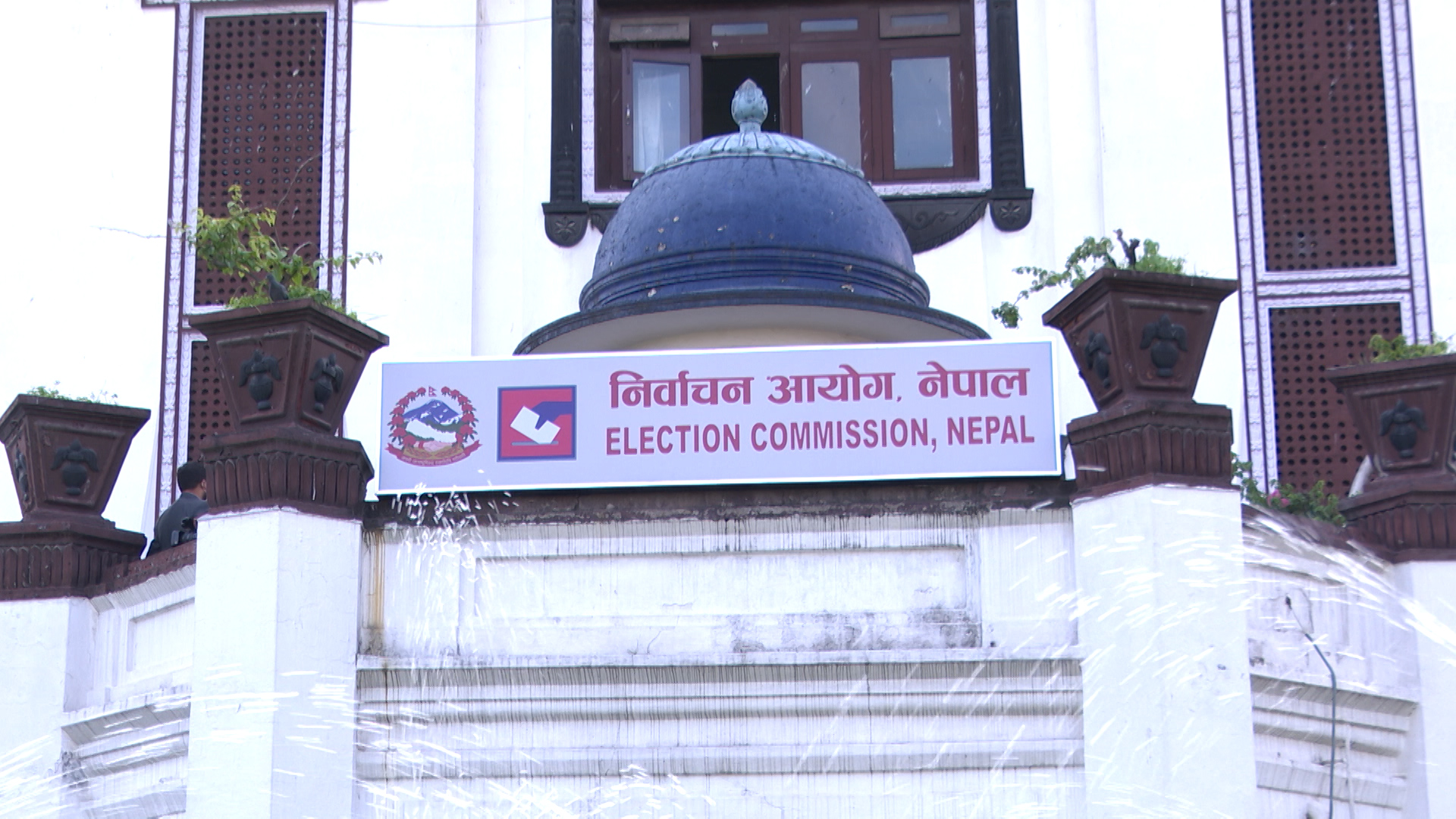At the end of February, a North Korean cargo ship, sailing with its Automatic Identification System (AIS) turned off, sank after colliding with a Chinese vessel in the waters off southeastern China. This incident resulted in the deaths of approximately 15 to 20 North Korean sailors. Both China and North Korea, however, have avoided making any official comments about the accident. The collision between the North Korean cargo ship and the Chinese vessel in the Yellow Sea is not merely a maritime incident; it starkly illustrates the unethical symbiotic relationship between North Korea, which seeks to undermine international sanctions, and China, which tacitly condones and effectively encourages North Korean smuggling.
This was not an isolated incident. In its ongoing perilous smuggling operations intended to evade sanctions, North Korea’s actions have resulted in numerous human casualties. The scale and actual conditions of these operations are so dire that they are difficult for the international community to fully ascertain. This recent incident is just the tip of the iceberg. The silence from China and North Korea is not merely about covering up the incident; analysis suggests that this silence is due to the direct connection between the collision and coal smuggling, which violates United Nations Security Council (UNSC) sanctions against North Korea.
North Korea’s Evasion of Sanctions and Perilous Navigation Practices
The North Korean regime prioritizes securing foreign currency to sustain the regime, making illegal smuggling a critical element in maintaining Kim Jong-un’s rule. This smuggling is conducted in an organized and systematic manner. Coal is a primary commodity in these smuggling operations. Despite UNSC Resolution 2371, which imposed an outright ban on the export of North Korean coal, North Korea continues to smuggle out its coal through illegal ship-to-ship transfers with countries like China, by disabling AIS systems on vessels. The Yellow Sea, where the recent incident occurred, is a major maritime route frequently used by North Korean freighters for coal smuggling. At the time of the incident, the North Korean vessel was navigating through thick fog with its AIS disabled when it collided with a Chinese ship. This incident reflects North Korea’s disregard for safety regulations as it attempts to evade sanctions monitoring, pushing forward with reckless navigation. The fact that North Korean smuggling is not merely about subsistence must also be highlighted; it is an illicit activity aimed at sustaining the regime. Kim Jong-un compels the Party, military, and government bodies to continuously undertake ‘tasks’ that involve massive foreign currency contributions and construction projects, with severe penalties, including punishment and execution, for non-compliance. Within this framework, North Korean officials are compelled to engage in smuggling, even at great risk. This incident occurred as a result of such practices, and despite the loss of dozens of lives, the North Korean authorities are likely to continue smuggling as part of efforts to complete these ‘tasks.’
China’s Acquiescence and Evasion of Responsibility
China’s attitude towards the incident has been pointed out as a serious issue. The Chinese Ministry of Foreign Affairs acknowledged the incident by stating that it was handled “according to humanitarian principles,” yet deliberately avoided any mention of smuggling. This suggests that China is not only failing to crack down on illegal trade with North Korea but is actually facilitating it. China has long maintained tight control over its trade with North Korea at a governmental level to maintain its influence over the North and manage the regime. Even after stringent international sanctions were imposed, China has tacitly allowed or implicitly condoned illegal trade with North Korea to prevent a sudden collapse of the Kim Jong-un regime due to the sanctions and to protect Chinese investors in North Korea. Despite being a permanent member of the UN Security Council with a responsibility to strictly enforce sanctions against North Korea, China’s failure to crack down on the smuggling of North Korean coal raises serious concerns within the international community. Particularly given that the Yellow Sea is a major route for smuggling, if the Chinese government continues to turn a blind eye to this issue, North Korea’s illegal activities are highly likely to persist.
An Inevitable Tragedy Caused by the Illicit Trade between China and North Korea
This incident is an inevitable consequence of the authoritarian rule of the North Korean regime and the tacit approval of the Chinese government. It is not international sanctions that threaten the lives of North Korean sailors, but the reckless smuggling pursued by North Korea to prop up its regime and the Chinese government’s acquiescence to it. If China wishes to remain a responsible member of the international community, it must now commit to thoroughly implement sanctions against North Korea and strengthen the crackdown on illegal smuggling. The purpose of the UNSC sanctions against North Korea is not to oppress the North Korean people but to curb the illegal activities of the North Korean regime and promote global stability. However, should China continue to neglect these obligations, it will inevitably face global censure and a significant erosion of its international credibility.
Necessity of a Strengthened International Response
This incident underscores the need for the international community to more rigorously monitor North Korea’s illegal maritime activities. All UN member states must fully implement the UN Security Council’s sanctions against North Korea, and the United States, along with its allies, should enhance maritime surveillance to thwart illegal ship-to-ship transfers. Additionally, diplomatic pressure on China must be intensified to ensure it complies with international norms. The illicit trade between North Korea and China transcends the realm of mere economic transactions and poses a direct threat to global peace and security. For the UN Security Council’s sanctions against North Korea to prove effective, decisive measures and surveillance against nations violating these sanctions are essential. Should China continue to condone North Korea’s illegal activities, the international community will have no choice but to adopt a tougher stance. By a North Korean Diplomat Defector












